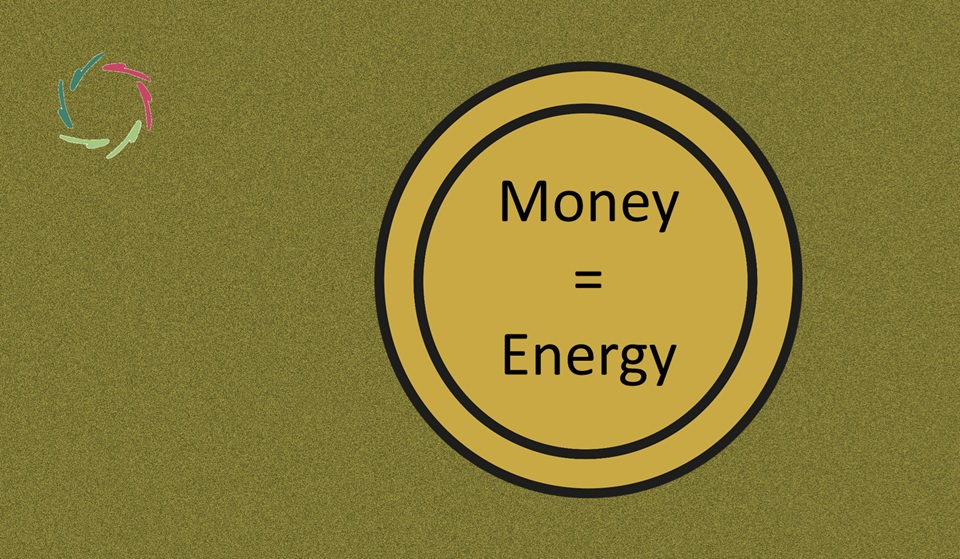‘Doing Good’: Not as Easy as It Seems

Imagine you are a ‘special kind of therapist’. Good. All kinds of people come by your place with a ‘problem’ and they leave with a sense of relief, glad they came along.
After a while they come back and then the same phenomenon occurs. Friendly faces. Nothing to worry about. ‘Doing good’ seems evident.
Is everything okay?
But let us look a little bit deeper now
(because you are a ‘special kind of therapist’) and what might we see? All kinds of things are possible. For example: people turn to you with a smoking addiction and they immediately get a few cigarettes from you and a good stock of the white thingies. Hm. They leave relieved and are glad they came along. Friendly faces. Everything is okay?
Or more generally: people come with a general addiction and you immediately give something general and also a good stock of generality … Hm. You see: why they come and how they leave gets a different meaning because of this, or not? (You can reread this paragraph later on.)
How far should one go?
How deep should one go?
Lots of serious addicts start their pernicious career with hard drugs… on prescription.
Addiction to superficiality knows many adepts within health care. Their high priest is called ‘Placebo’.
How far should one go?
Were missionaries ‘correct’ by being contrary to the culture of indigenous populations? Or do we see thing ‘more correct’ if we notice that just a lot of problems were the result of it?
Somewhat (but not overly) generalizing, one can say: a weight-reducing diet ‘works’, but it is usually a pendulum that returns stronger than it left. Is ‘helping’ someone at following a weight-reducing diet, ‘doing good’? Not evident.
A lot of alternative medicines are, in theory, clearly based on nothing.
Is this innocent? Or do the people who feel helped eventually end up in a negative spiral?
The latter is quite possible.
It’s even likely.
Is it worth it?
It cannot be said more powerfully than reality itself does it.
It’s not because someone laughs, that it is clear that ‘the good has been done’ for that person.
It might even be the case that in the meantime for this person something entirely different is being done.
It’s possible!
And it has so often been the case. Hiding our head in the sand concerning this matter, would be inappropriate.


